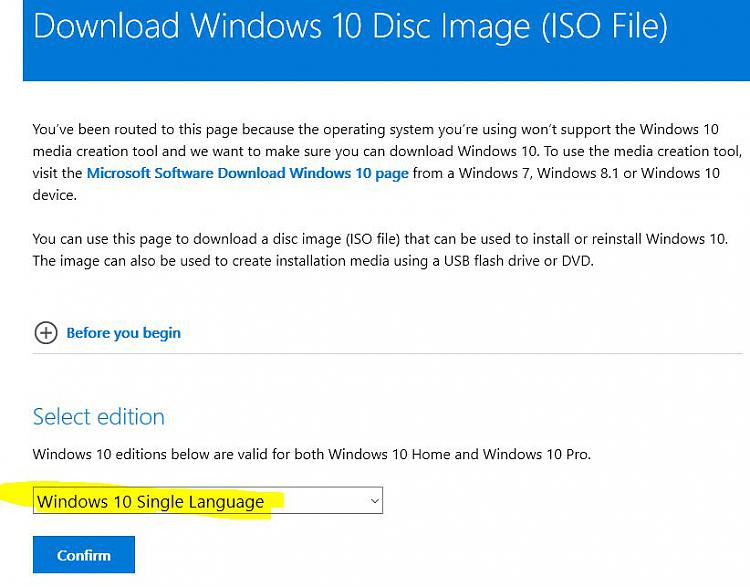

A msp will be applied or removed on all msi products that it applies to and is installed. The msp provider scans for all MSP patches installed on a machine wide and current user context based on the PatchCode of the MSP. If a package is already installed but path points to an updated package, this will be installed over the top of the existing one. The host must be set to allow sideloaded apps or in developer mode. These packages are only installed or removed on the current use. The msi provider scans for MSI packages installed on a machine wide and current user context based on the ProductCode of the MSI.

The auto provider will select the proper provider if path otherwise it scans all the other providers based on the product_id. Set the package provider to use when searching for a package. The alias productid is deprecated and will be removed on the major release after. The creates_* options can be used instead but is not recommended. This SHOULD be set when the package is an exe, or the path is a url or a network share and credential delegation is not being used. This value is ignored if path is set to a local accesible file path and the package is not an exe. This can be found under the same registry paths as the registry provider.įor msp packages, this is the PatchCode (GUID) of the package which can found under the Details -> Revision number of the file’s properties.įor msix packages, this is the Name or PackageFullName of the package found under the Get-AppxPackage cmdlet.įor registry (exe) packages, this is the registry key name under the registry paths specified in provider. This is used for checking whether the product is already installed and getting the uninstall information if state=absent.įor msi packages, this is the ProductCode (GUID) of the package. The product id of the installed packaged.

Collections in the Purestorage Namespace.Collections in the Openvswitch Namespace.Collections in the Netapp_eseries Namespace.Collections in the Kubernetes Namespace.Collections in the Junipernetworks Namespace.Collections in the F5networks Namespace.Collections in the Containers Namespace.Collections in the Cloudscale_ch Namespace.Collections in the Chocolatey Namespace.Collections in the Check_point Namespace.Virtualization and Containerization Guides.Protecting sensitive data with Ansible vault.


 0 kommentar(er)
0 kommentar(er)
